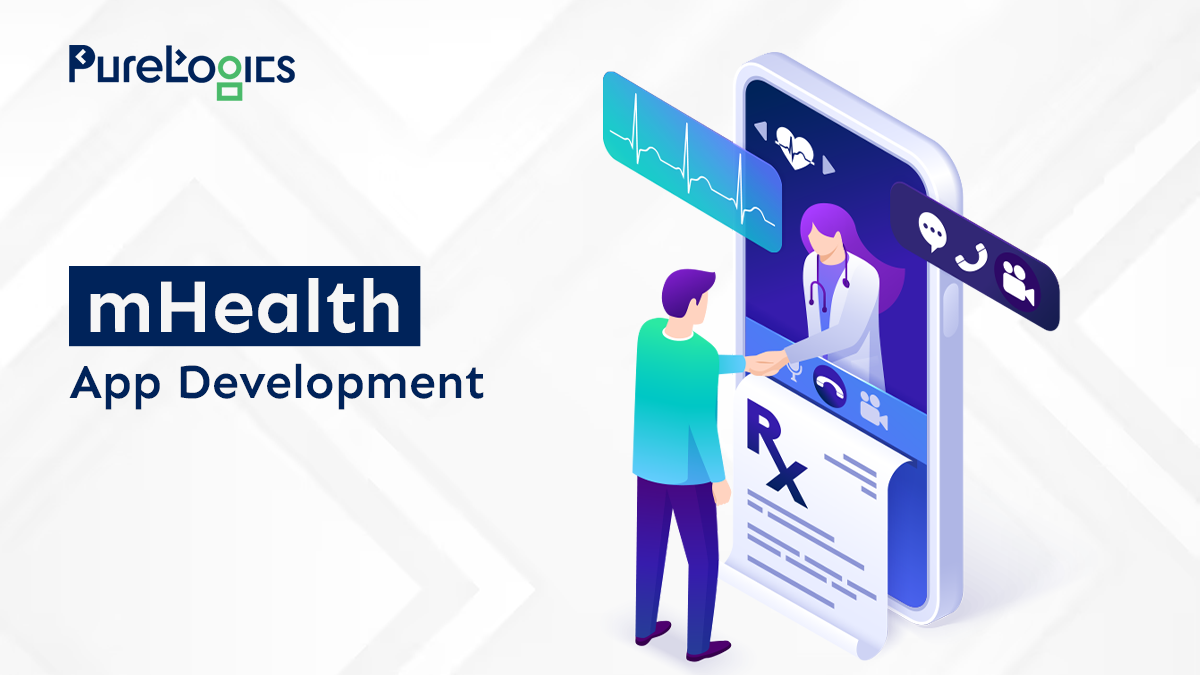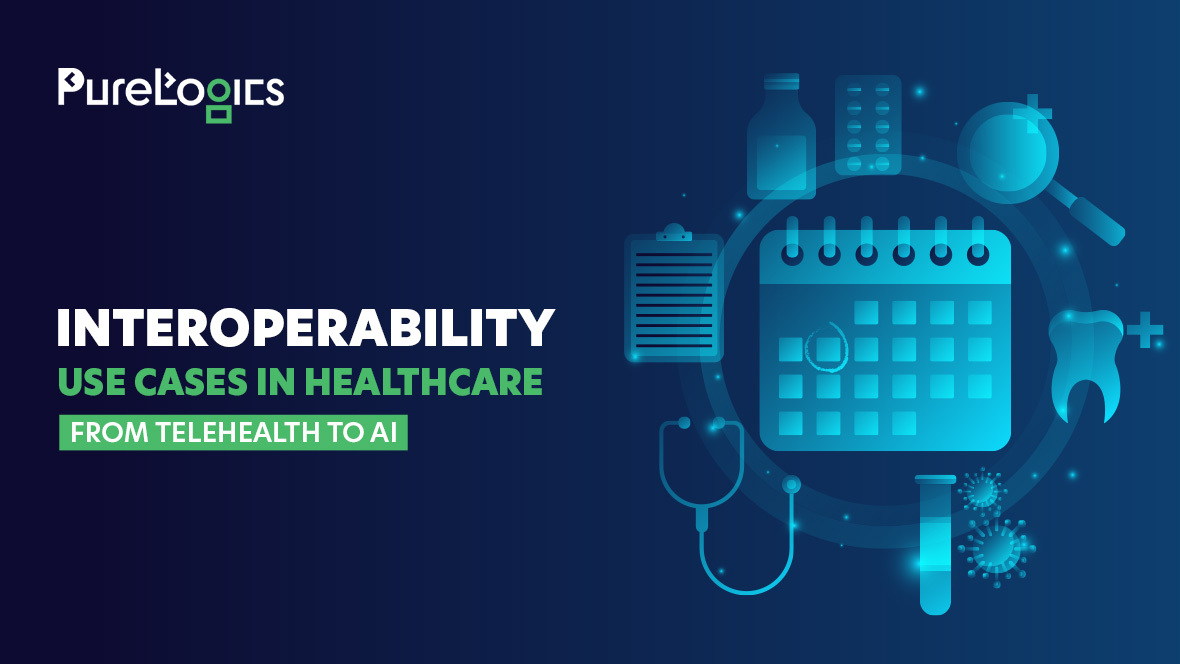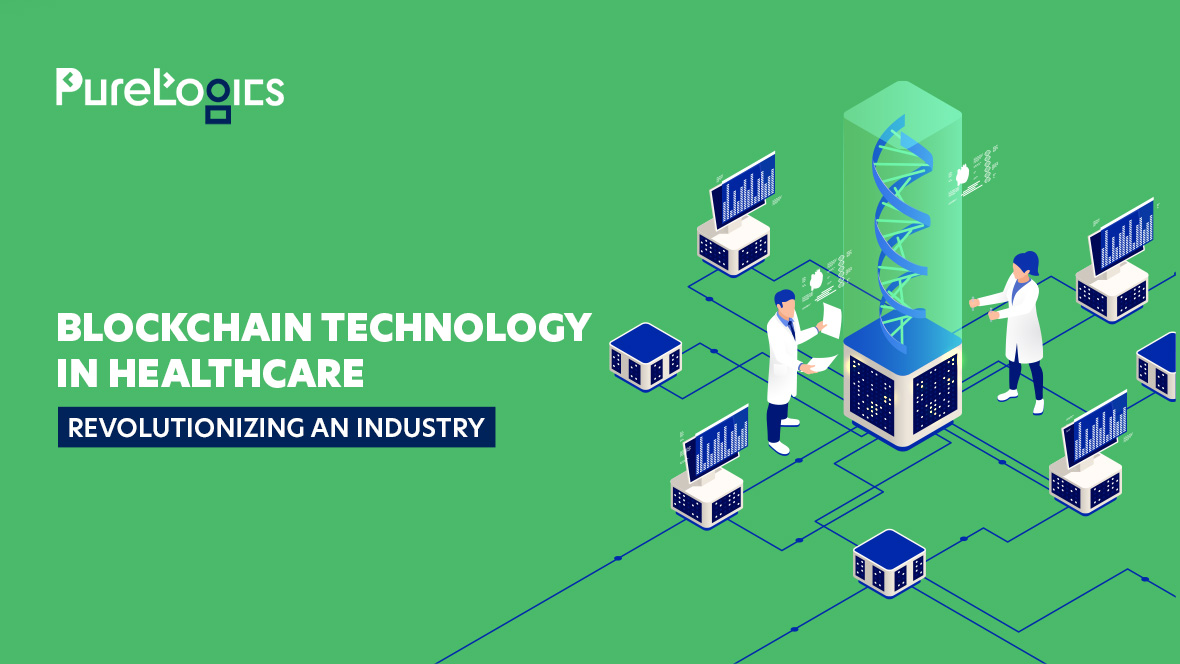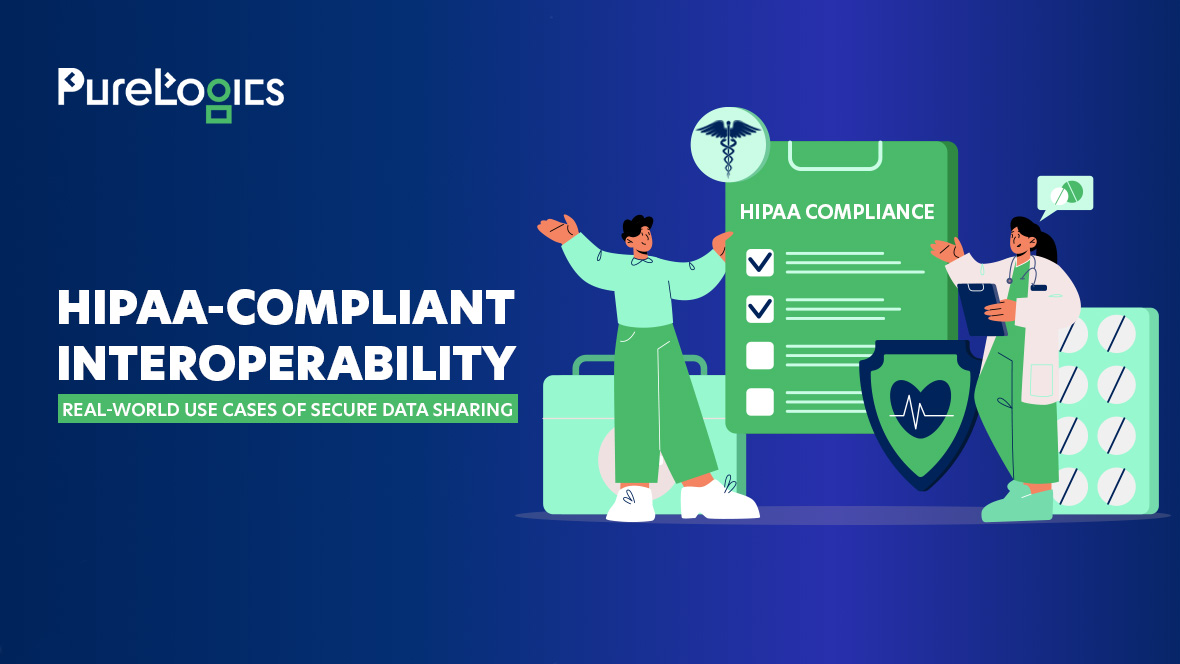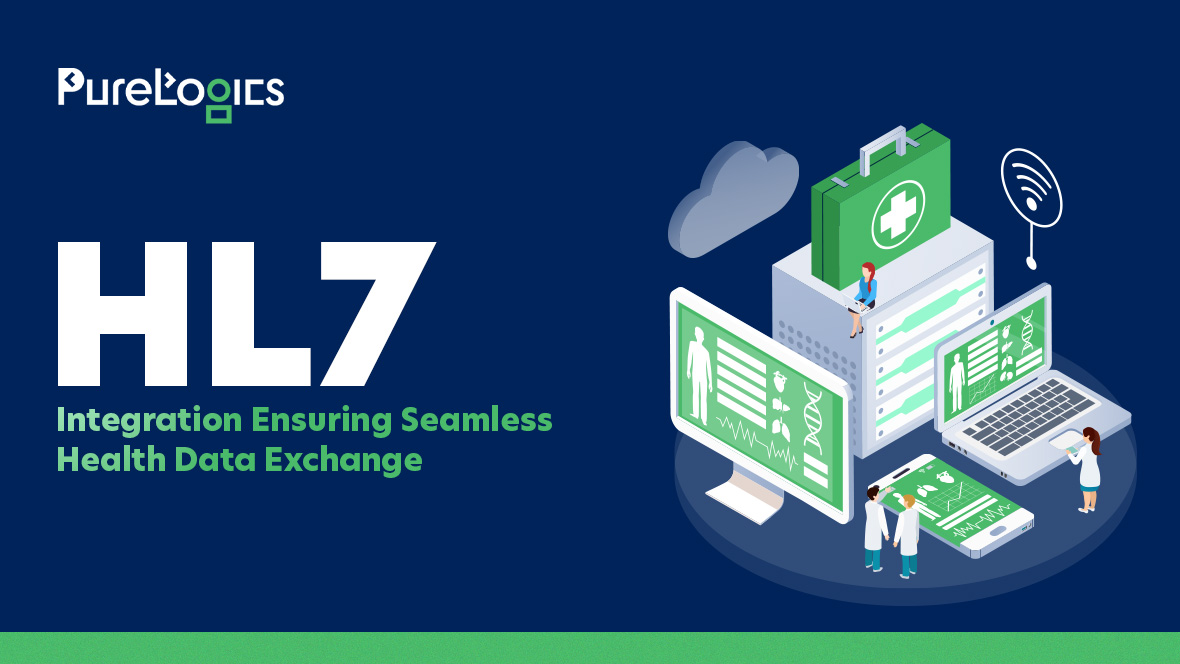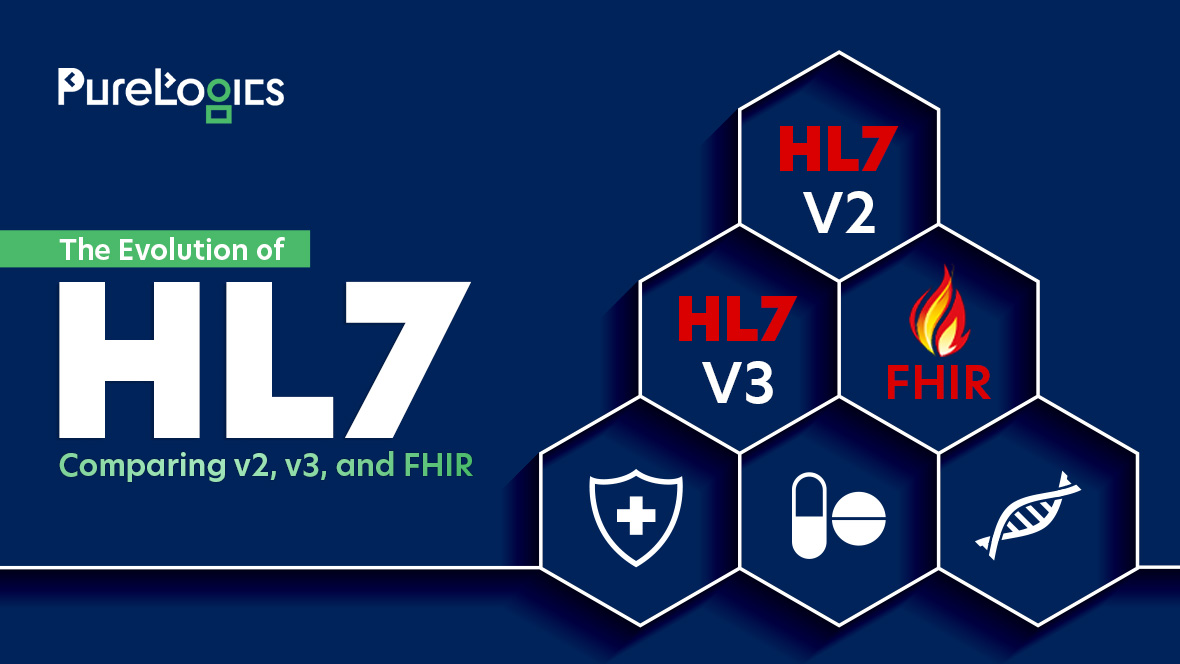Do you provide healthcare services and really want to stand out in the competition? Here is the world’s easiest way to do just that.
By 2025, the MedicApp market is estimated to have revenue of 111.1 USD billion. If you want to get a bit of this cherry, keep reading this blog post. You know that smartphones, mobile apps, and wearable devices have taken over the world during the last few decades.
Smartphone apps are embracing innovation with a greater speed in almost every industry. We call it “appnovation,” and healthcare is not behind in this tech race. Software developers have sped up the pace of mHealth app development after knowing the increasing demands in the healthcare industry.
Healthcare app development is truly transforming multiple aspects of clinical practice and helping patients get the health service they deserve in this digital age.
Hospitals and healthcare companies that won’t follow this wave of mobile healthcare app development may soon face serious challenges in client acquisition and delivery of their services.
Those who are interested in developing their mobile healthcare apps but have some questions pop up in their minds, keep reading.
Let’s start with the basics!
What is mHealth App Development?
mHealth is short for mobile health technology. It is a process of providing the best healthcare services and solutions using electronic gadgets and applications. These electric gadgets include mobile phones, computers, tablets, wearable devices, etc.
The term (mHealth) was first used by Robert Istepanian. This technology connects patients, healthcare providers, and companies to provide the best patient care and healthcare services using telecommunication and multimedia technologies.
So, mHealth app development is the process of developing mobile applications that meet the specific needs of doctors, patients, and healthcare companies.
Extraordinary Benefits of mHealth Apps
Almost every healthcare business, from hospitals to individual practitioners, has started the process of custom mobile healthcare app development. Look at the following reasons for their powerful incline toward this technology.
Remote Patient Monitoring
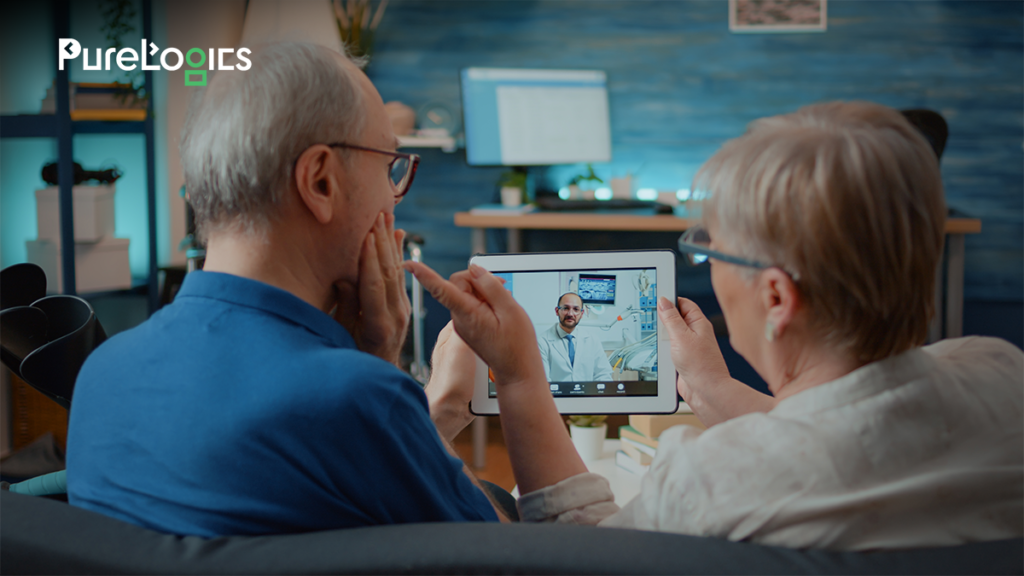
Every patient wants to take control of their health; they are always curious to know everything about their diseases and treatment.
Thanks to mHealth apps, they are more satisfied with hospitals and clinics that offer mobile-supported healthcare services. They now schedule appointments, access medical reports, receive personalized healthcare tips, and even set medication reminders – everything from their smartphones.
Streamlined Healthcare Operations
Mobile health app development has proved to be more than a blessing for hospitals and healthcare providers.
They use healthcare mobile apps to manage appointments, staff management, patient data, and many other things. Hospitals claim that these apps provide them with peace of mind and allow them to focus more on delivering patient care.
Access to Real-time Data
These mHealth apps are, undoubtedly, data goldmines. Healthcare professionals use these apps to collect and analyze patient data, which leads to providing personalized patient care, better patient results, timely anticipate the escalation of diseases, and many other things.
Improved Communication
Another excellent benefit of using mHealth apps is that they facilitate safe and quick communication between patients and doctors. Patients can now consult with doctors through chat or video calls. So, these apps eliminate geographical barriers patients face and ensure wide accessibility to healthcare services.
Data Security and Compliance
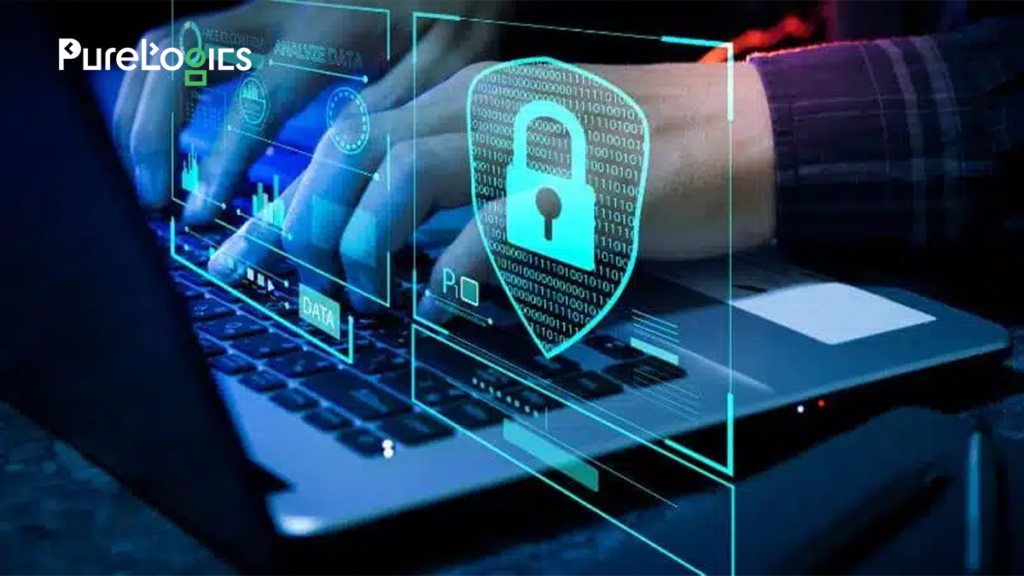
Custom mHealth app development is performed with strong and strict security features. It ensures that patient data always remains safe and companies don’t face any compliance issues with healthcare regulations, like HIPAA, in the United States.
Saves Your Money
Mobile healthcare applications also help you reduce overhead costs. This technology allows fewer physical consultations, which means there will be fewer overheads.
So, mHealth apps save money for hospitals and help them provide the best and most personalized treatment to patients at an affordable cost.
Examples of mHealth Apps
There are thousands of healthcare apps on the market that are making a significant impact on the provision of healthcare services. Let’s take a look at a few of these:
MyFitnessPal: This MHealth application helps users track their diet, exercise, and overall health.
Zocdoc: Zocdoc is an app that connects patients with nearby healthcare providers. It is used to book appointments online, read user reviews, and access other important information.
Epic Systems: Epic Systems provides electronic health records (EHR) and medical software solutions, facilitating seamless communication and data sharing among healthcare professionals.
Now, let’s explore the different types of mHealth apps designed for hospitals, doctors, and patients.
Types of mHealth Apps
Patient Engagement Apps: These apps help hospitals engage with their patients. It helps schedule appointments, allow access to the medical record, as well as provide patients with health education materials.
EHR (Electronic Health Record) Apps: EHR apps make patient records digital. It gives healthcare providers safe and secure access to their patients’ records. Epic Systems is an excellent example.
Telemedicine Apps: Telemedicine apps enable remote consultations between doctors and patients, reducing the need for in-person visits.
Health Monitoring Apps: These apps allow healthcare providers to remotely monitor patients’ vital signs. It makes these health monitoring apps ideal for chronic disease management.
Appointment Scheduling Apps: As the name depicts, these types of applications help patients in appointment scheduling with ease.
Remote Monitoring Apps: These types of mHealth apps use wearable gadgets to remotely monitor the health of patients and enable doctors to intervene if any health issues arise.
Medication Management Apps: Using these mHealth apps, doctors prescribe medications and monitor patient compliance.
Medical Billing and Practice Management Apps: When it comes to administrative tasks like appointment scheduling, billing, or patient records management, these apps are being used.
Clinical Decision Support Apps: These mobile health applications offer real-world recommendations to doctors and help clinicians in clinical decision-making.
Now that we’ve explored the types of mHealth apps. Let’s delve into the top five benefits of mHealth app development for hospitals.
Key Challenges in mHealth App Development
The biggest challenges in mHealth app development are data security and privacy concerns and compliance with regulations. But you know that the bigger the challenge, the bigger will be the chances of growth.
Let’s look at the following prevailing challenges:
- Lack of security guidelines and SOPs for mHealth app development
- Lack of knowledge and technical skills for developing mHealth apps
- Lack of financial resources for mHealth app development
- Developers’ lack of motivation and ethical considerations
- Lack of involvement of stakeholders during mHealth app development
Frequently Asked Questions (FAQs)
1. What is a mHealth app?
A mHealth app, short for mobile health app, is a mobile application that aims to provide medical and healthcare services to improve the health outcomes of patients. These mHealth apps run on tablets, smartphones, and other wearable devices.
2. What are examples of mHealth apps?
There are a diverse range of mobile health applications on the market. Some famous examples of mHealth apps are MyFitnessPal, Zocdoc, Epic Systems’ EHR app, etc.
3. How to build a mHealth app?
Building a mHealth app involves the following seven steps:
- Identify a problem
- Understand your target audience
- Conceptualize a user-friendly design
- Create an MVP (minimum viable product)
- Test and collect feedback
- Widespread distribution
- Monetization of app
4. How much does it cost to create a mHealth App?
The cost of a mobile healthcare app depends on different factors such as complexity, platform, and features. The price of the average mHealth app ranges from $45,000 to $80,000, and the cost of AI and blockchain-supported healthcare apps starts from $100,000. The exact cost is difficult to mention here.
5. What is the future of mHealth apps?
Mobile healthcare apps are the future of the healthcare industry. As technology evolves and everyone today is tech-savvy, patients are more comfortable with the usage of applications.
Top healthcare companies and hospitals have been using mHealth applications, and everyone, from doctors to patients, is leveraging their benefits.
Develop Your mHealth App at an Affordable Price from the Award-Winning Software Development Company
The high-speed penetration of Artificial Intelligence and IT in the medical field is a huge step toward improving the quality of healthcare services. mHealth technology is already helping healthcare professionals monitor health conditions, prevent the propagation of serious diseases, and track ongoing rehabilitation.
There are multiple challenges that still prevail in the healthcare sector, such as the absence of security standards and constant updates in the healthcare SOPs.
However, it is clear that mobile health will have a bright future. And you know the obvious reasons – high-quality medicine, personalized medicine, lesser healthcare costs, and a broad reach of healthcare.
At PureLogics, we specialize in developing custom mHealth apps that fulfill the needs of hospitals, doctors, and healthcare companies. Our best and brightest team of developers has successfully created 150+ mHealth applications.
We offer a free consultation call of 30 minutes. Contact us today, and let’s take your healthcare business to the next level with the powers of healthcare apps.
PureLogics: We believe in logic, not magic!


 [tta_listen_btn]
[tta_listen_btn]
 October 30 2023
October 30 2023

